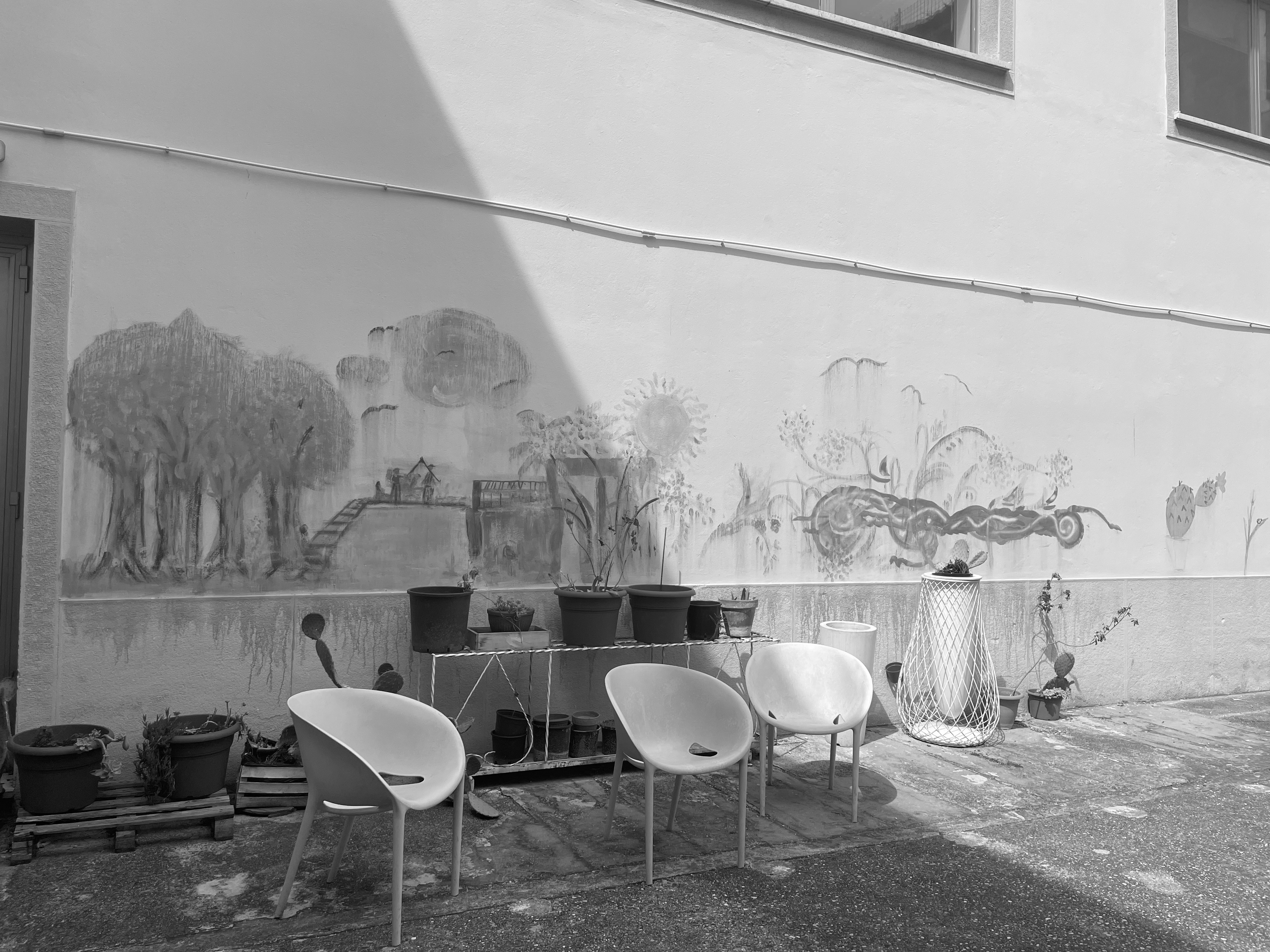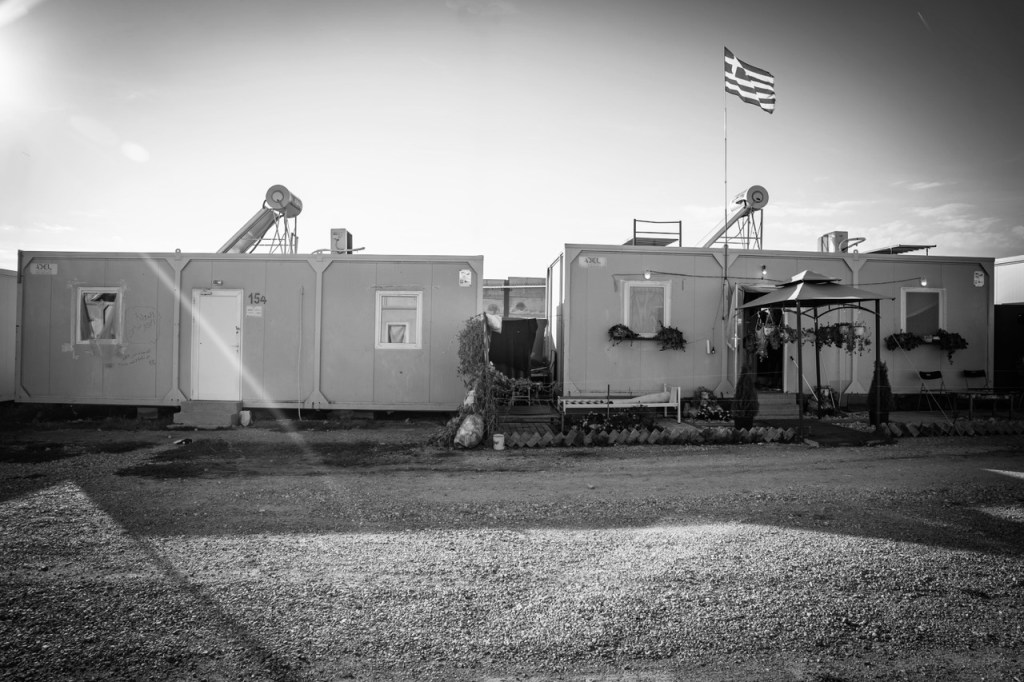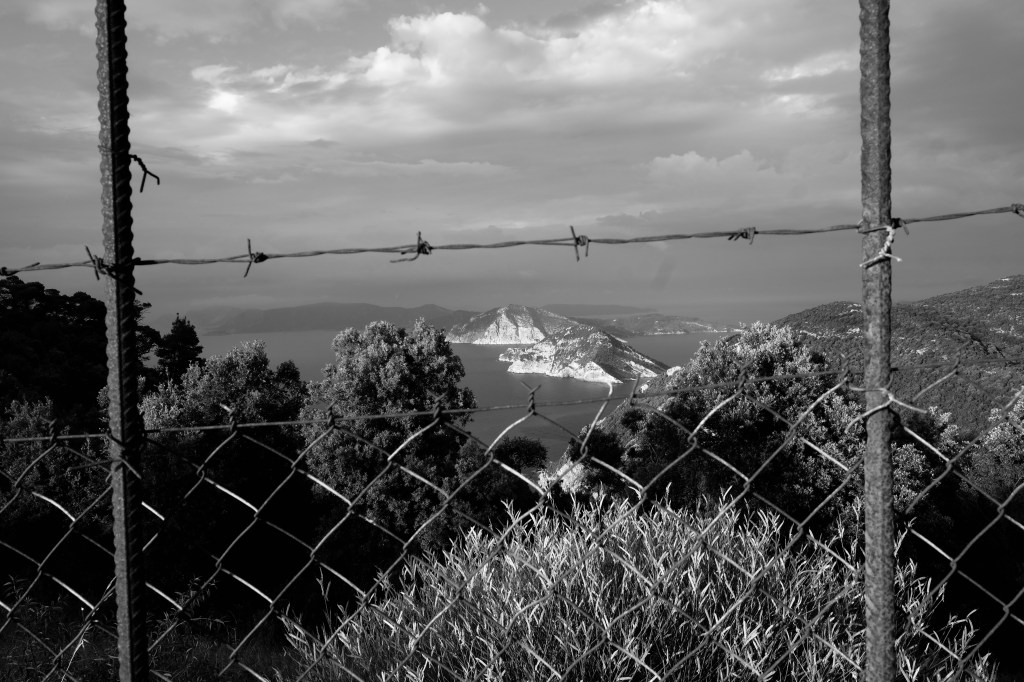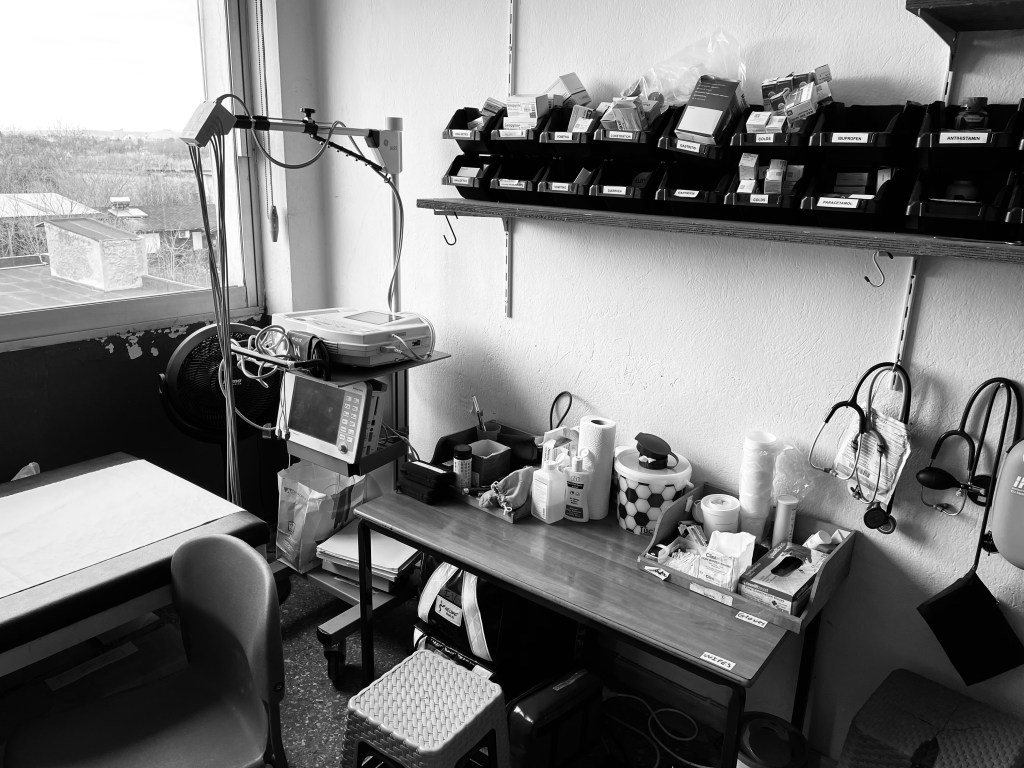[Anm. d. Red.: Dieser Artikel erschien im Oktober 2025 bei Gesundheit braucht Politik, Ausgabe 3/25: https://www.vdaeae.de/gesundheit-braucht-politik/archiv/gbp-ausgabe-3-2025/]
Gewalt im Rahmen der medizinischen Versorgung ist kein Alleinstellungsmerkmal der Psychiatrie. Dennoch wird sie aus unterschiedlichen Gründen oft als spezifisches Phänomen dieser Fachrichtung verstanden, von dem sich die anderen medizinischen Disziplinen abzugrenzen versuchen. Die Identifizierung von Gewalt mit behandlungsbedürftigen psychischen Problemen verstärkt die Stigmatisierung von Menschen, die sich in psychiatrischer Behandlung befinden oder in diese begeben wollen. Die mediale Berichterstattung zu gewalttätigen Attentaten wie zum Beispiel auf dem Magdeburger Weihnachtsmarkt 2024 oder am Hamburger Hauptbahnhof 2025, die von psychisch kranken Menschen verübt wurden, trägt sicherlich ebenfalls hierzu bei. In diesem Klima wurde zuletzt von Teilen der Regierungspartei CDU (u.a. Generalsekretär Carsten Linnemann) die Einführung eines Registers für psychisch kranke Menschen ins Gespräch gebracht.
Continue reading “Gewalt in der Psychiatrie und interdisziplinärer Austausch mit der Polizei”




